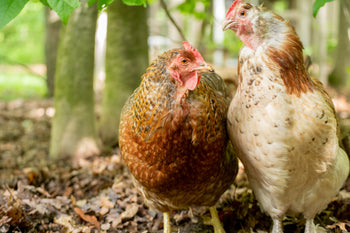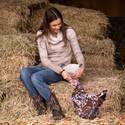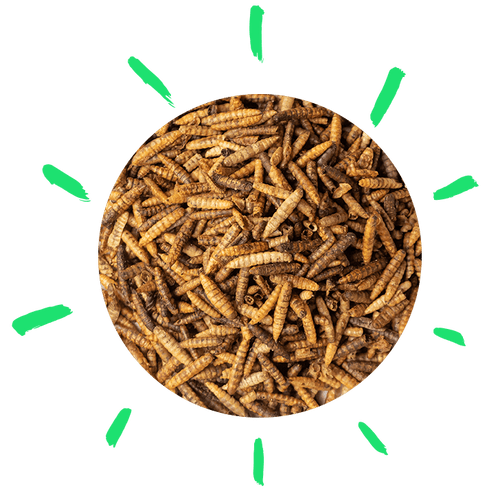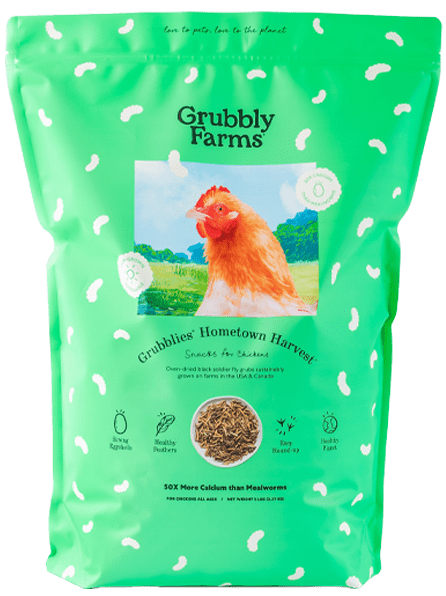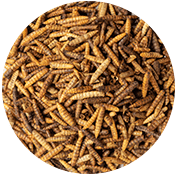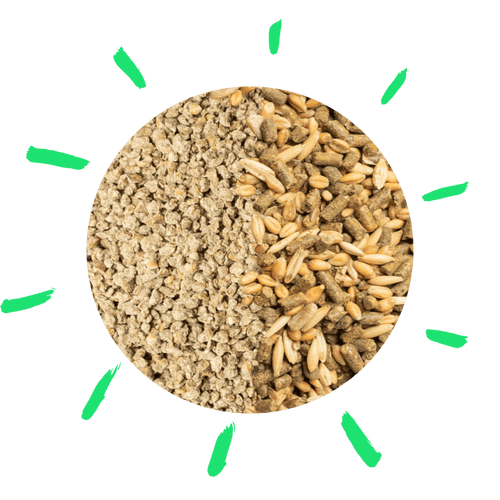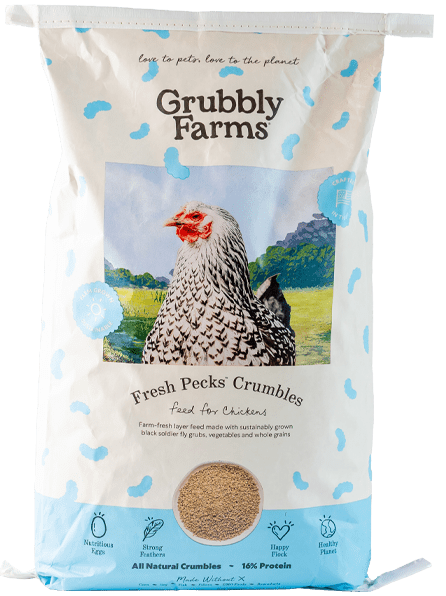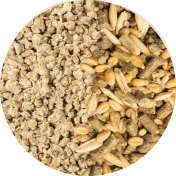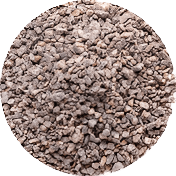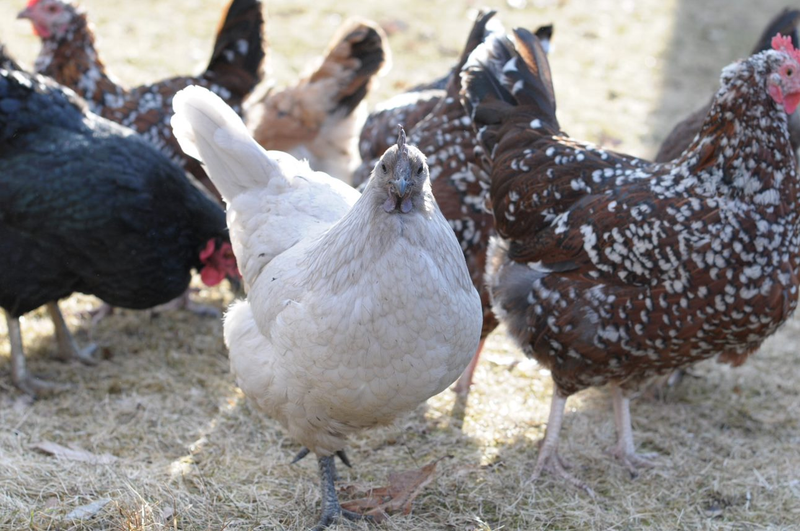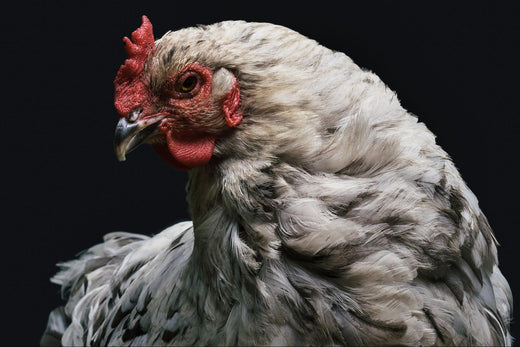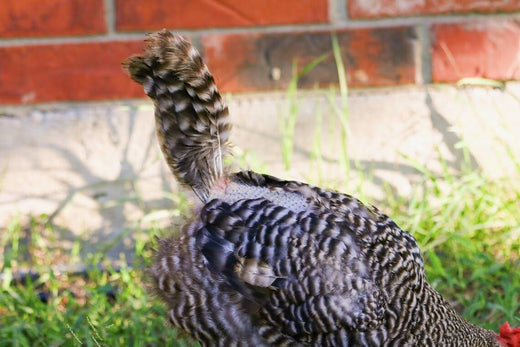Chickens are curious creatures. They need to be stimulated both mentally and physically in order to prevent bad habits from forming. Feather pecking is a particularly bad habit that can form in backyard flocks which can lead to injury and even death in some cases. Thankfully, preventing feather pecking is easy, but you should also know what to do if feather pecking does become an issue. Learn how to recognize, prevent, and stop feather pecking in backyard chickens!

What is Feather Pecking?
Feather pecking, sometimes called feather picking, feather pecking is consistent and purposeful pecking of the feathers on other birds. A chicken will pull feathers from another chicken which can lead to plumage damage, skin injuries, and even cannibalism. Feather pecking is a form of bullying in the backyard flock and can become a habit of individual flock members or the whole flock.
This behavioral problem should not be confused for the occasional pecking that may occur as a flock implements its pecking order. The pecking order is the social hierarchy within a flock and birds higher up in the pecking order will occasionally peck at birds lower in the pecking order to establish their status.
Short feathers are often the target of feather pecking. These are often the feathers on a chicken’s head, neck, breast, back, and around the vent. Sometimes the chicken or chickens engaging in feather pecking will just pull out the feathers, and other times the chicken will pull out the feathers and then eat the feathers.
Feather pecking is a more common issue in confined, floor-raised chickens who don’t have the opportunity to forage and peck around in a natural environment. Young birds who are crowded together or brood on wire flooring are also more likely to engage in feather pecking. Slow-feathering chicken breeds can often be the target of feather pecking since the tender feather follicles of newly emerging feathers don’t develop as fast as fast-maturing chicken breeds.

What Causes Feather Pecking?
Here are some triggers that may cause feather pecking in a flock of chickens.
Different Appearance- An established flock of chickens may have a hard time accepting new chickens who look different. Chickens with muff feathers, beard feathers, or crest feathers can often attract feather pecking. Chickens who are a different age or size than the rest of the flock are also prone to bullying and feather pecking.
Curiosity- Chickens are curious, and they will peck at objects that attract their curiosity. Food, water, or anything else that gets stuck to a chicken’s feather can attract pecking from other flock members. While the pecking may start off as curiosity, it can lead to feather pecking and cause plumage damage.
Flock Size- Chickens thrive best in a flock size that is not too large. A stable pecking order is harder for large flocks to maintain as the birds have a hard time recognizing the status of all the flock members. Studies show that the flock pecking order starts to deteriorate in flocks of around 30 birds. The flock is too large to establish a stable hierarchy system but too small for a tolerant system to occur.
Dietary Deficiency- A dietary deficiency of protein, sodium, phosphorus, or the amino acid methionine can cause chickens to engage in feather pecking. If the chickens are pulling feathers and eating the feathers, then that may be a good indicator that the habit is caused from a deficiency in your flock’s diet. Low fiber or high energy diets can also cause chickens to pull and eat each other’s feathers. A salt deficiency is a rare dietary deficiency that can cause a chicken to peck at the feathers around the preen gland or overuse the preen gland, which is located on the back near the base of the tail. However, salt poisoning is more common than a salt deficiency.
External Parasites- External parasites can cause chickens to peck at their own skin to relieve the itchy feeling created by the crawling bugs. If the pecking gets too severe, it can lead to skin injuries that will attract further pecking from other flock members.
Overcrowding- Chickens who don’t have enough floor space or feeder space are more likely to engage in feather pecking. This is something to consider when adding more chickens to an existing flock. You will want to make sure the coop is big enough and that you provide enough feeders for all the chickens to be able to access food.
Overheating- Overheating can go hand in hand with overcrowding. If chickens are hot and uncomfortable with no way to get away from each other’s body heat place and cool off, they will start taking their frustration out on each other. Overheating is not as much of a problem in flocks who can free-range or who have plenty of coop space during hot weather.
Excessive Light- Supplemental light is sometimes used in northern regions during the winter when the natural daylight hours are shorter. Hens need 14-16 hours of light each day in order to lay, so using supplemental light during the winter can keep hens laying even during shorter daylight hours. However, if the supplemental light is too intense or if there is too much light, they can become stressed and start pecking at each other.
Boredom- Chickens who are bored will be more likely to start pecking at each other. Chickens who aren’t able to naturally forage in their litter or in the natural environment may also resort to feather pecking to engage in the instinctual behavior of pecking.
Injuries- Injuries can attract other chickens to peck at the injured bird. Chickens are instinctually attracted to the color red, like blood (they are omnivores). If an injured bird is left in the flock, the other chickens may start pecking at the blood-stained feathers or at the injury itself, which can lead to cannibalism.
Genetics- Lastly, genetics can play a role in how prevalent feather pecking is within a flock. Feather pecking can become a heritable trait. Some chicken breeds or strains within a breed are more likely to engage in feather pecking because the behavior is in their DNA. Good management and feather pecking prevention is essential for chickens who are more prone to engage in feather pecking.
Keep in mind that missing feathers can also have other causes besides feather pecking. Molting is usually the cause of feather loss during the fall. Treading from a rooster can cause hens to lose feathers on their back and wings. Good laying hens will often have ratty or broken feathers as they put more energy into laying eggs rather than healthy feathers. A broody hen will have feather loss on her breast as she pulls out her breast feathers to line her nest with.

How to Prevent Feather Pecking
You can prevent feather pecking in your flock by avoiding the triggers mentioned above. Here are a few tips for further preventing feather pecking in your backyard flock.
Tip #1. Proper Diet- Make sure you are feeding your birds a balanced diet. A nutritious, properly formulated layer feed should be the main food for your laying flock. The feed should never be stale or moldy. Supplemental snacks and treats can be added to your flock’s diet, but just make sure the treats and snacks are balanced with your flock’s daily feed consumption. You should also make sure you are providing the right feed for the age of your chickens and include a source of grit. Dietary needs, such as protein and calcium, change as a chicken matures and reaches reproductive age.
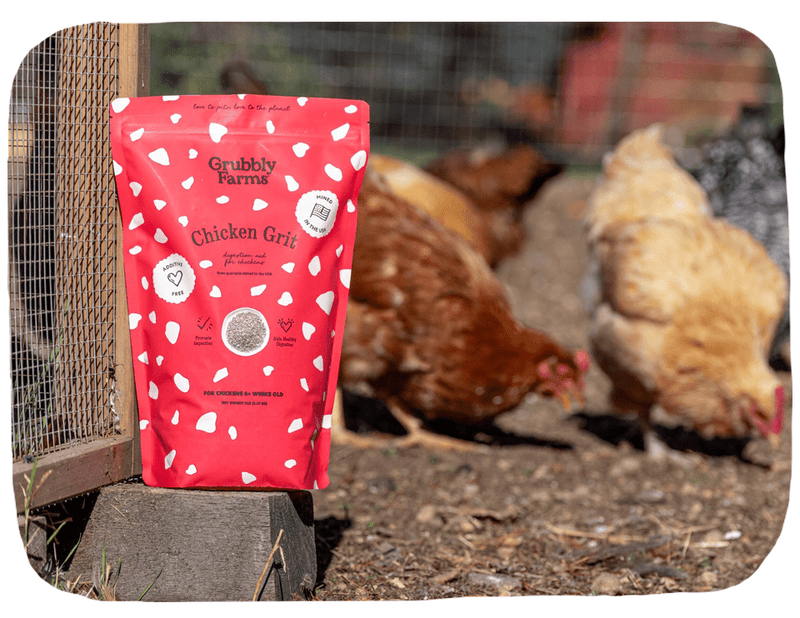
Chicken Grit
All Natural Grit
Pure rose quartzite, mined in the USA and free from harmful chemical additives.
Shop NowTip #2. Proper Integration- If you are adding new chickens to your established flock, you will need to follow proper integration methods to avoid bullying or feather pecking. It is best to always integrate chickens in groups of at least 3 or more birds. It is also helpful to make sure there is more than one bird of a different breed, color, or size within the flock.
Tip #3. Health Management- Stay on top of health management with your flock to prevent feather pecking. Do a monthly health check on your flock to catch any external parasites before they become an infestation. Move sick or injured chickens to an infirmary pen away from the rest of the flock while they recover and heal. Quarantining a sick or injured bird can prevent the spread of disease and allows the bird to recover without being bullied or pecked at. Chickens will often target weak or sick chickens within the flock.
Tip #4. Coop Size- Make sure your chicken coop is the proper size for your flock. If you plan on adding more chickens to your flock, plan your coop size accordingly. The chicken coop should have adequate floor space, roosting space, and feeder space to accommodate all the chickens in your flock. You should also supply at least one nesting box for every 4-5 laying hens in your flock. Keep in mind that large chicken breeds will need more space than small chicken breeds.
Tip #5. Light Control- If you use supplemental light during the winter months, there are a few guidelines to follow that can help prevent bad habits (like feather pecking) from developing. Never use more than a 40-watt white light bulb in the chicken coop. If a higher wattage is needed for sufficiently lighting the coop, use a red or infrared light. Hens should not get over 16 hours of total light a day, this includes both supplemental light and natural daylight. It can also be helpful to make sure the nesting boxes in the coop are dark. Nesting box curtains can make for more private, dark nesting spots that give a hen privacy and can prevent vent pecking.
Tip #6. Prevent Boredom- Keep your flock active and stimulated, even if they have to be confined! Make sure the chicken coop enclosure is roomy and spacious for the size of your flock. Providing material for your flock to forage through, such as straw or leafy greens, can help them exercise their natural instinct to forage in a healthy way. Free-ranging your flock is another great way to prevent boredom and allow them to naturally peck and forage in their environment. Tossing whole grains or dried grubs into deep litter will also encourage foraging. Using mash feed instead of crumble feed allows chickens to forage though their feed and encourages more natural eating behaviors. Interactive chicken toys, foraging opportunities, and access to the outdoors can all help prevent boredom in the backyard flock. Keep enrichment varied and try changing up the arrangement of enrichment elements in the enclosure to keep your flock active and stimulated.
How Do I Stop my Chickens from Feather Picking?
If feather pecking does become an issue in your flock, you will need to know how to stop the behavior as quickly as possible. Implementing feather pecking preventative measures even after the habit has started can help stop feather pecking from progressing.
The way in which you stop feather pecking in your flock will depend on if the habit is flock-wide or individual based. If possible, remove the bird that is being the target of feather pecking. This can help prevent further feather loss even if the feathers don’t regrow until the bird goes through a molt.
Applying a salve, like BlueKote, to patches of open skin or targeted areas of feather pecking can help discourage further pecking. Keep in mind that BlueKote will sting when applied to open wounds. Don’t use red or other brightly colored salves that may attract further pecking.
Another method used to control or prevent feather pecking is by using beak goggles. Beak goggles are installed over a chicken’s beak and act as blinders to limit a chicken’s vision. The goggles still allow a chicken to eat and drink, but they help limit the forward vision necessary for pecking at other birds. Beak goggles, or blinders, are often used when raising pheasants to prevent cannibalism.
Conclusion
Minor pecking and squabbles are to be expected as part of the pecking order, but feather pecking is a form of bullying that causes plumage damage. Having a spacious coop, encouraging your flock to forage, and introducing new chickens properly are great ways to prevent feather pecking from becoming an issue in your backyard flock. A balanced diet and regular health checks will ensure your flock stays healthy and productive too!





